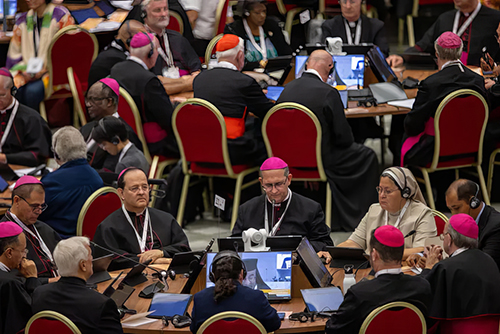
The subject is Ina te Papatahi, a Nga Puhi Chieftainess. Painted in 1906, the painting is housed at the Auckland Art Gallery.
Sometimes, I wish the First Reading of our Liturgy of The Word were a last read!
By then, we’re settled; the noise of a community gathering has settled, songbooks have been put away, the order in which the children ought to sit between Mum and Dad has been determined, the money for the collection has been found, and the nose has been cleared of mucus one last time.
We are now ready to listen.
This Sunday’s First Reading is taken from the Book of Wisdom (Wis. 6: 12 – 16).
In this book, and indeed the Book of Proverbs, Wisdom is portrayed as feminine.
In today’s reading, we read the lines, “Watch for her early and you will have no trouble; you will find her sitting at your gates. “
“You will find her sitting at your gates” – a superb image!
And where do you find a gate? Usually outside of the house you live in! It is the entranceway.
The house is frequently an image of safety, security, and assuredness.
Wisdom is found before you are embraced within this place of shelter and protection.
In 1 Kings, the young Solomon asks Yahweh for an understanding mind to discern between good and evil. Our English translation does the Hebrew a disservice; the Hebrew translates as “a listening heart”.
Wisdom is a matter not only of the mind but of the heart, like a woman’s wisdom. It is born out of suffering, as a woman bears a child. It shows a way through the darkness, the way a woman stands at the window holding a lamp.
“Her ways are ways of pleasantness,” says Solomon, then adding, just in case there should be any lingering question as to her gender, “and all her paths are peace” (3:17).
To encounter Wisdom, I suggest we should leave the warmth of home and sit at the gate – and, guess what, she will be there waiting.



